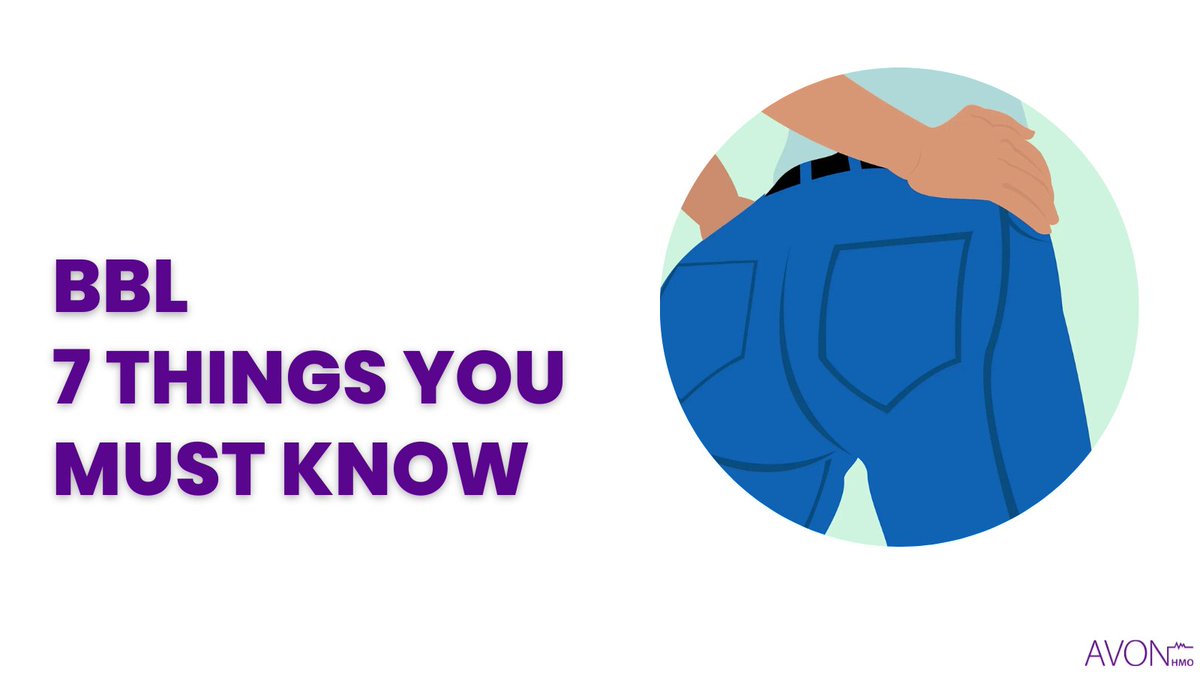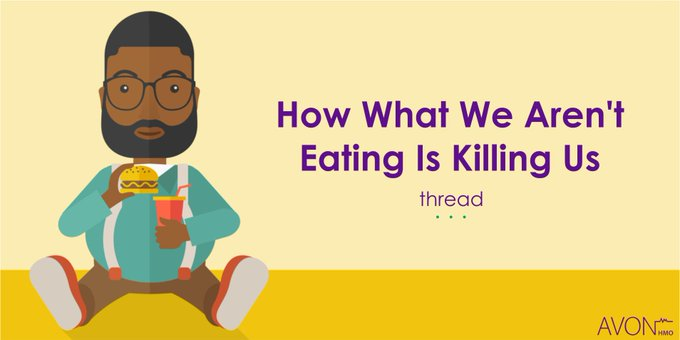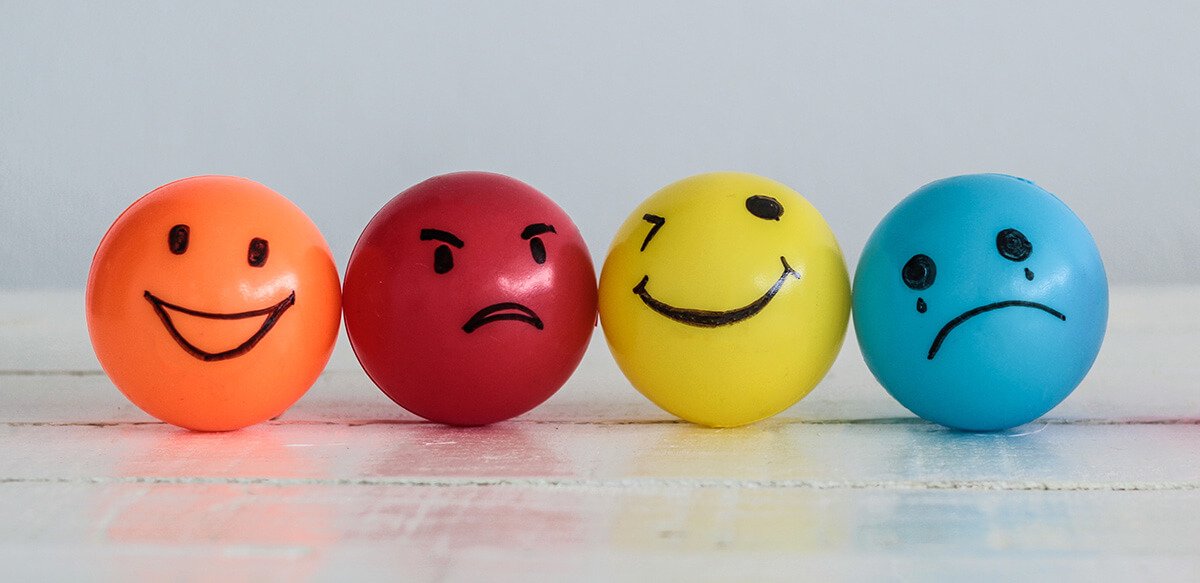There are lots of embarrassing questions about breastfeeding: Does breast size matter? Can you still nurse your baby if you have bleeding nipples? And so on…
Here are 10 common breastfeeding questions and answers.
#AvonsPracticalTips #HealthyLiving #WorldBreastfeedingWeek
Here are 10 common breastfeeding questions and answers.
#AvonsPracticalTips #HealthyLiving #WorldBreastfeedingWeek

1. Do smaller breasts produce less milk?
Most women are capable of producing enough milk for their babies, no matter what size their breasts are.
#AvonsPracticalTips #HealthyLiving
Most women are capable of producing enough milk for their babies, no matter what size their breasts are.
#AvonsPracticalTips #HealthyLiving
2. Why do some women produce more milk than others?
Breasts have different storage capacity but the amount of milk is not dependent on size — it depends on mammary tissue.
#AvonsPracticalTips #HealthyLiving
Breasts have different storage capacity but the amount of milk is not dependent on size — it depends on mammary tissue.
#AvonsPracticalTips #HealthyLiving
Some small-breasted women produce plenty of milk while it’s the opposite for some large-breasted women.
#AvonsPracticalTips #HealthyLiving
#AvonsPracticalTips #HealthyLiving
Producing enough milk is a common worry for most mothers, and yet most lactation consultants agree that most moms are able to produce what their baby needs. While moms may think they aren’t producing enough, in reality, they are.
#AvonsPracticalTips #HealthyLiving
#AvonsPracticalTips #HealthyLiving
However, if you’re having problems with nursing—or suspect that your supply is low—you should seek help.
Many things can have a negative effect on a woman’s milk production, so it is so important to get expert guidance early.
#AvonsPracticalTips #HealthyLiving
Many things can have a negative effect on a woman’s milk production, so it is so important to get expert guidance early.
#AvonsPracticalTips #HealthyLiving
3. Is breastfeeding supposed to hurt?
Sore nipples are a common problem in the early weeks of breastfeeding but that usually means the mother needs some help with her positioning & latch. It should not hurt.
#AvonsPracticalTips #HealthyLiving
Sore nipples are a common problem in the early weeks of breastfeeding but that usually means the mother needs some help with her positioning & latch. It should not hurt.
#AvonsPracticalTips #HealthyLiving
4. My nipples are bleeding. Can I still breastfeed?
If you have sore, cracked or bleeding nipples, you can and should still breastfeed; it will not hurt the baby.
#AvonsPracticalTips #HealthyLiving
If you have sore, cracked or bleeding nipples, you can and should still breastfeed; it will not hurt the baby.
#AvonsPracticalTips #HealthyLiving
However, cracked nipples could indicate problems with your latch. Again, seeing a lactation consultant can help.
#AvonsPracticalTips #HealthyLiving
#AvonsPracticalTips #HealthyLiving
5. Does breast-reduction surgery impact breastfeeding?
If you’ve had breast reduction surgery, that could impact your ability to make milk, but just because you’ve had the surgery doesn’t mean you won’t be able to breastfeed.
#AvonsPracticalTips #HealthyLiving
If you’ve had breast reduction surgery, that could impact your ability to make milk, but just because you’ve had the surgery doesn’t mean you won’t be able to breastfeed.
#AvonsPracticalTips #HealthyLiving
6. Should I stop breastfeeding if I have thrush or mastitis?
As much as you may be tempted to stop nursing, breastfeeding your baby through thrush, mastitis, and clogged ducts actually help.
#AvonsPracticalTips #HealthyLiving
As much as you may be tempted to stop nursing, breastfeeding your baby through thrush, mastitis, and clogged ducts actually help.
#AvonsPracticalTips #HealthyLiving
Often, nursing will help to release the clogs. With mastitis, you really need to have the milk flowing to get the infection out and to prevent more clogs.
However, it’s important to treat the thrush and the mastitis as you continue nursing.
#AvonsPracticalTips #HealthyLiving
However, it’s important to treat the thrush and the mastitis as you continue nursing.
#AvonsPracticalTips #HealthyLiving
7. I don’t enjoy breastfeeding at all. Is it okay just to pump?
There are mothers that physically don’t enjoy the act of breastfeeding, but want to provide breast milk for their babies. This is an individual choice.
#AvonsPracticalTips #HealthyLiving
There are mothers that physically don’t enjoy the act of breastfeeding, but want to provide breast milk for their babies. This is an individual choice.
#AvonsPracticalTips #HealthyLiving
Basically, you know what’s best for you and your baby. If pumping and giving her breast milk works for you and your child, then don’t feel guilty about doing that. You’re providing her great nutrition and plenty of love.
#AvonsPracticalTips #HealthyLiving
#AvonsPracticalTips #HealthyLiving
8. Is it normal to leak in public?
As a new mom’s milk supply gets established it’s not uncommon to experience some leakage. Breast pads can be your best friend in the beginning as things settle down.
#AvonsPracticalTips #HealthyLiving
As a new mom’s milk supply gets established it’s not uncommon to experience some leakage. Breast pads can be your best friend in the beginning as things settle down.
#AvonsPracticalTips #HealthyLiving
Some moms have their breast milk let down just by thinking about their baby or hearing a baby cry. If that happens, bring your arms up firmly over your breasts for a minute or two and it will stop.
#AvonsPracticalTips #HealthyLiving
#AvonsPracticalTips #HealthyLiving
9. Is it okay to breastfeed in public?
It’s just unfortunate that breasts are seen and advertised more on a sexual basis but never be ashamed of feeding your baby anywhere it needs food.
#AvonsPracticalTips #HealthyLiving
It’s just unfortunate that breasts are seen and advertised more on a sexual basis but never be ashamed of feeding your baby anywhere it needs food.
#AvonsPracticalTips #HealthyLiving
If you feel uncomfortable, you can always use a nursing cover-up; but don’t feel pressured to do so. Breastfeeding is a natural activity and shouldn’t be a cause of shame.
#AvonsPracticalTips #HealthyLiving
#AvonsPracticalTips #HealthyLiving
10. Why are my breasts hard?
Engorgement may happen three to five days postpartum and can make your breasts feel hard and painful. Warm compresses can be used before nursing, to aid milk removal & cold compresses after nursing, to reduce tissue swelling.
#AvonsPracticalTips
Engorgement may happen three to five days postpartum and can make your breasts feel hard and painful. Warm compresses can be used before nursing, to aid milk removal & cold compresses after nursing, to reduce tissue swelling.
#AvonsPracticalTips
Also, don’t wait too long between feeds to avoid engorgement. Babies should eat every three hours, or sooner if they give signs that they’re hungry.
#AvonsPracticalTips #HealthyLiving
#AvonsPracticalTips #HealthyLiving
• • •
Missing some Tweet in this thread? You can try to
force a refresh









